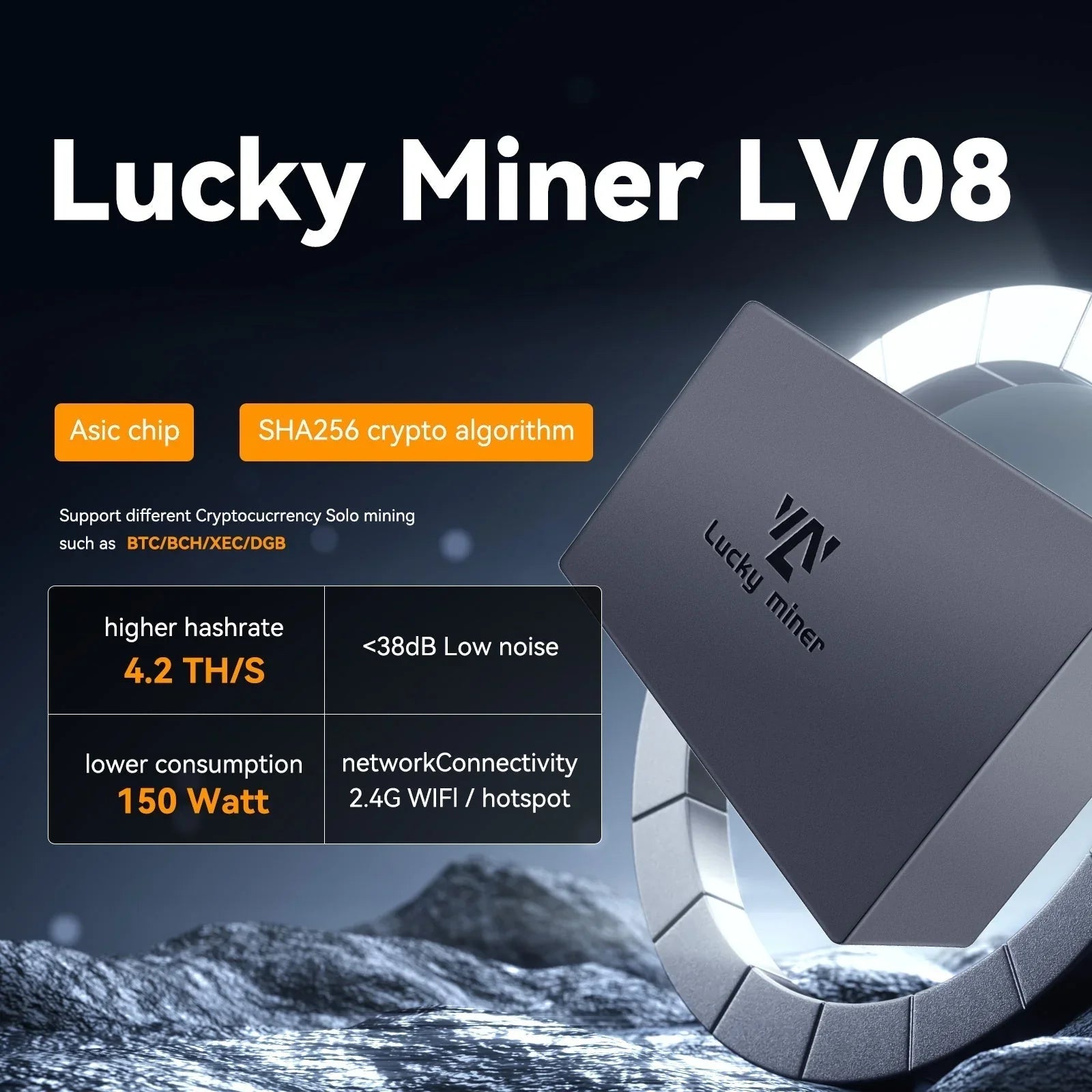As Ethereum faces performance bottlenecks and high transaction costs due to increasing user demand, Polygon (formerly Matic Network) emerged as a leader in Ethereum scaling solutions. Polygon's mission goes beyond just providing a more efficient blockchain solution—it's enabling developers to build decentralized applications (DApps) and solve major issues in current blockchain networks.
What is Polygon (MATIC)?
Polygon is a scaling platform designed for the Ethereum ecosystem. It supports sidechains, ZK technology, and optimized Rollups (aggregation technologies), significantly improving transaction throughput and reducing costs. Polygon allows blockchain developers to collaborate across chains while ensuring compatibility with Ethereum.
Polygon's Technical Architecture
Polygon’s multi-layer architecture allows different blockchain networks to collaborate while maintaining compatibility. Its key technical advantages include:
-
Sidechains: Parallel running blockchains that enhance transaction speed and reduce costs.
-
ZK Rollups: Zero-knowledge proof technology greatly increases transaction capacity.
-
Optimistic Rollups: Optimized challenge mechanisms improve transaction efficiency.
-
Polygon SDK: Provides flexible tools for developers to create custom blockchain networks.
MATIC's Utility and Tokenomics
MATIC is the native token of Polygon, playing a key role in:
-
Paying Fees: Used to pay transaction and gas fees.
-
Governance: Token holders can participate in governance decisions for the network.
-
Staking: MATIC can be staked to participate in securing the network and earn rewards.
The tokenomics of MATIC encourage long-term holding while supporting the network's sustainability.
Advantages of Polygon
-
Scalability: Polygon significantly improves transaction speed through various scaling solutions, easing Ethereum's congestion.
-
Low-Cost Transactions: Polygon reduces transaction fees with its Layer 2 solutions, enhancing economic benefits for users.
-
Interoperability: Polygon seamlessly interacts with Ethereum and other blockchain networks, enabling easy cross-chain data and asset transfers.
-
Flexibility and Security: Polygon offers multiple developer tools and security mechanisms to ensure the reliability and safety of the network.
Conclusion
Polygon is a highly promising blockchain scaling platform that not only solves Ethereum's bottleneck issues but also provides a more efficient and cost-effective decentralized application platform for global developers. As Polygon 2.0 progresses, more technological innovations and use cases will emerge, bringing an open, inclusive, and efficient future to the blockchain industry.






























Leave a comment